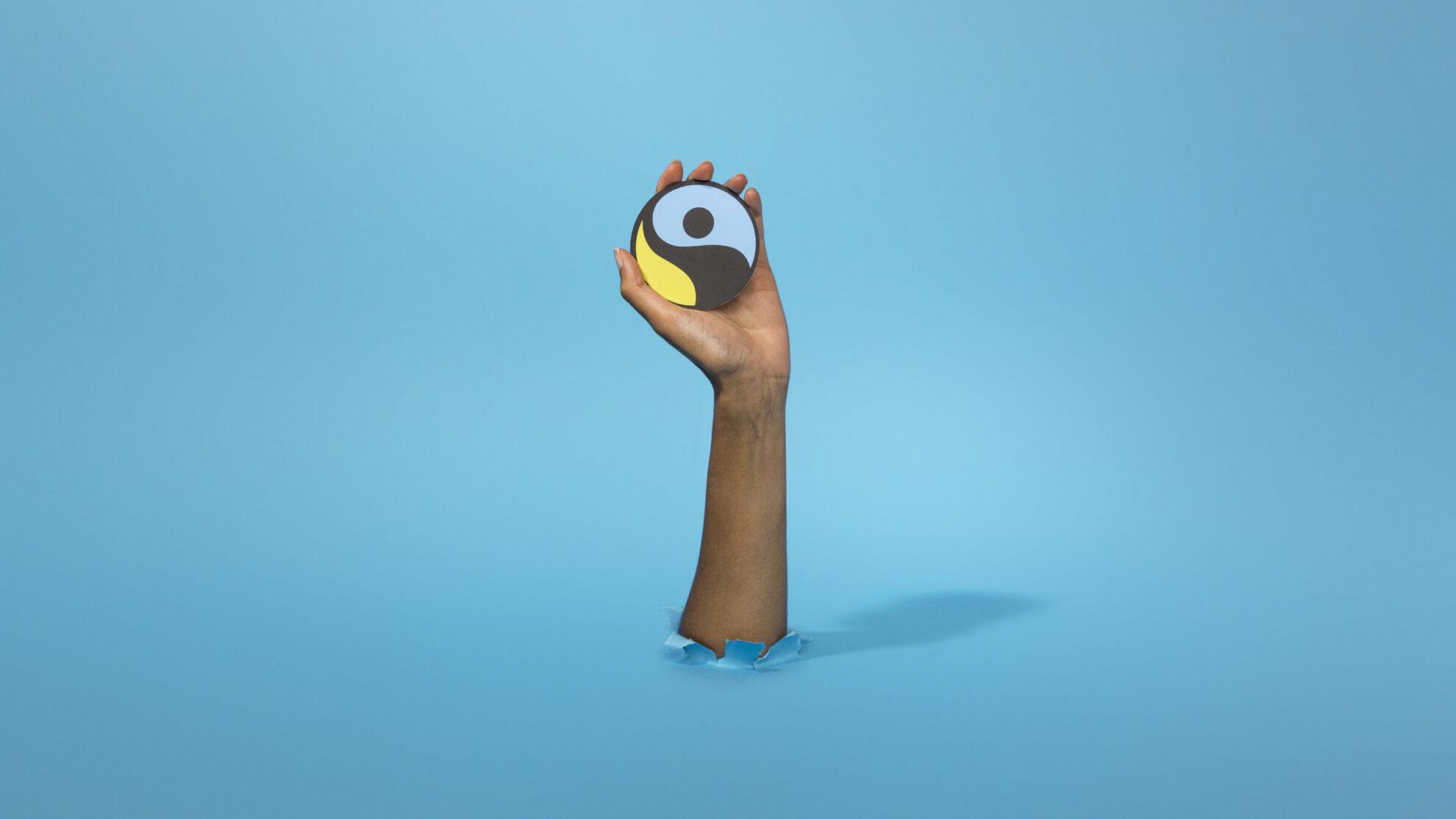
Our history
Since 1994, we’ve helped build the trade justice movement in Canada.
Fairtrade Canada History
For 30 years, Fairtrade Canada has worked alongside grassroots activists, volunteers, civil society, and businesses to help build a flourishing fair trade movement in Canada. Our history is really a history of the incredible people who make up our movement.
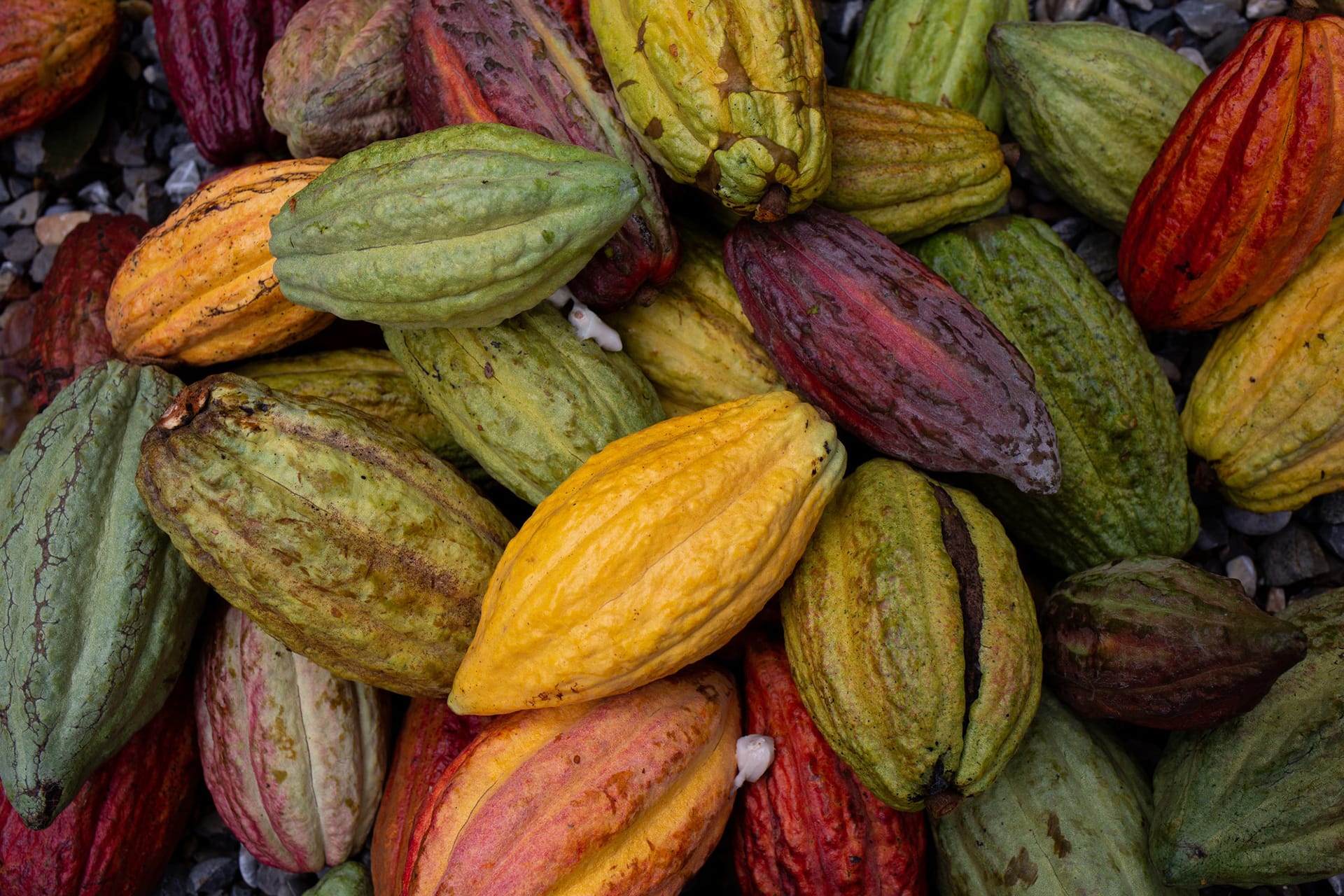
The first Fairtrade Label, Max Havelaar, is established. The launch of Max Havelaar label was an important development of the fair trade movement because it introduced certified products to consumers in a significant and meaningful way. While fair trade products existed before, they were only sold in small specialty shops. Max Havelaar introduced fair trade to mainstream consumers.
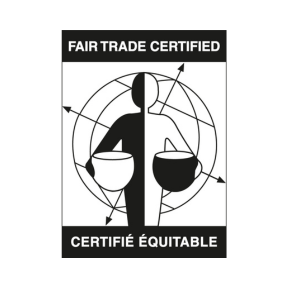
Fair Trademark Canada, now known as Fairtrade Canada, is founded as a volunteer-based organization. The first certified products available in Canada are coffee, tea, chocolate and sugar. While most licensed products now use our international logo, the original “bucketboy” trademark is still owned by Fairtrade Canada and can be spotted across Canada.
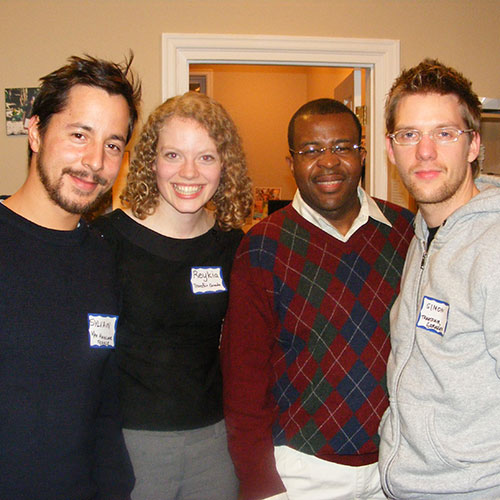
Fairtrade Labelling Organizations International (FLO) is founded in Bonn, Germany. The convergence of labelling initiatives in Europe results in the creation of Fairtrade Labelling Organizations, now known as Fairtrade International.
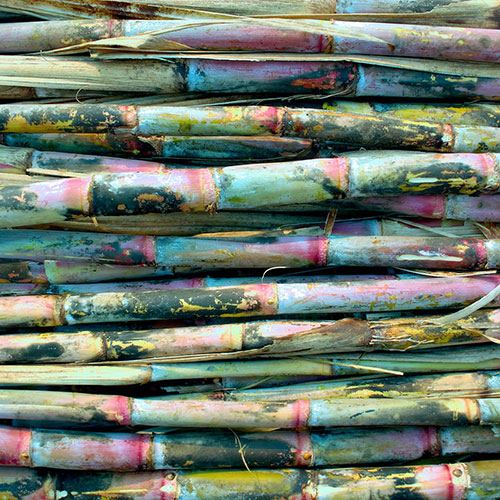
Fair Trademark Canada hires its first employee.
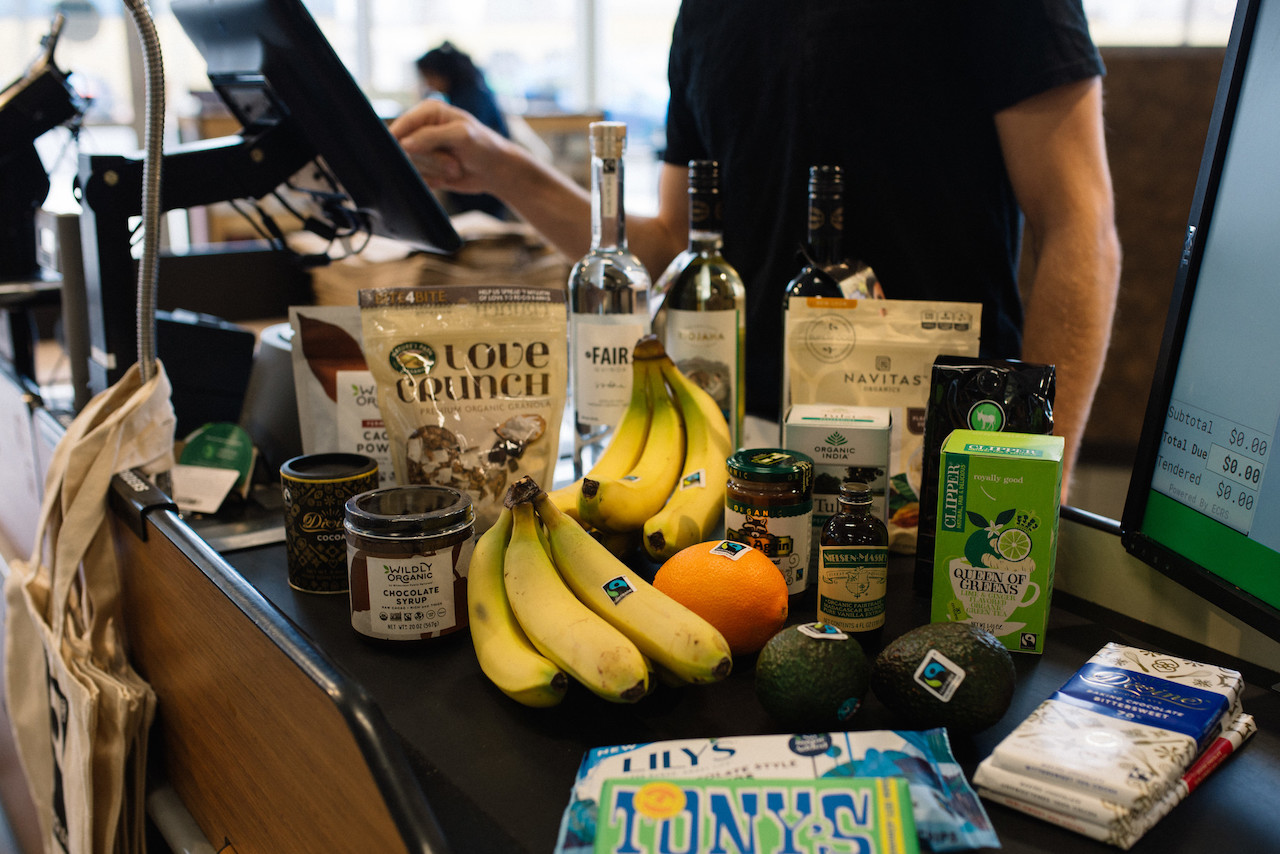
Fair Trademark Canada is renamed to TransFair Canada.
The World’s first Fair Trade Town, Garstang in the UK, is recognized. Since 2000, over 1,800 communities from around the world have committed to trade justice and social sustainability.
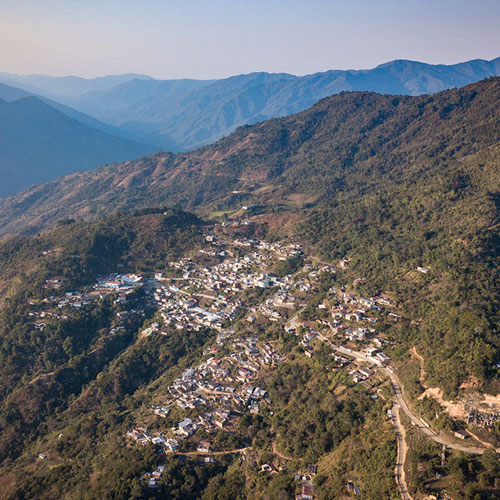
Coconuts became the first fresh fruit to be Fairtrade certified in Canada.
The FAIRTRADE Mark is introduced internationally. The FAIRTRADE Mark identifies products that meet Fairtrade’s rigorous social, environmental, and economic standards and unifies the global labelling initiative. Regardless of where it’s sold, any product carrying the Mark has been certified and is subject to regular audits.
Producer representatives join the Fairtrade International Board of Directors.
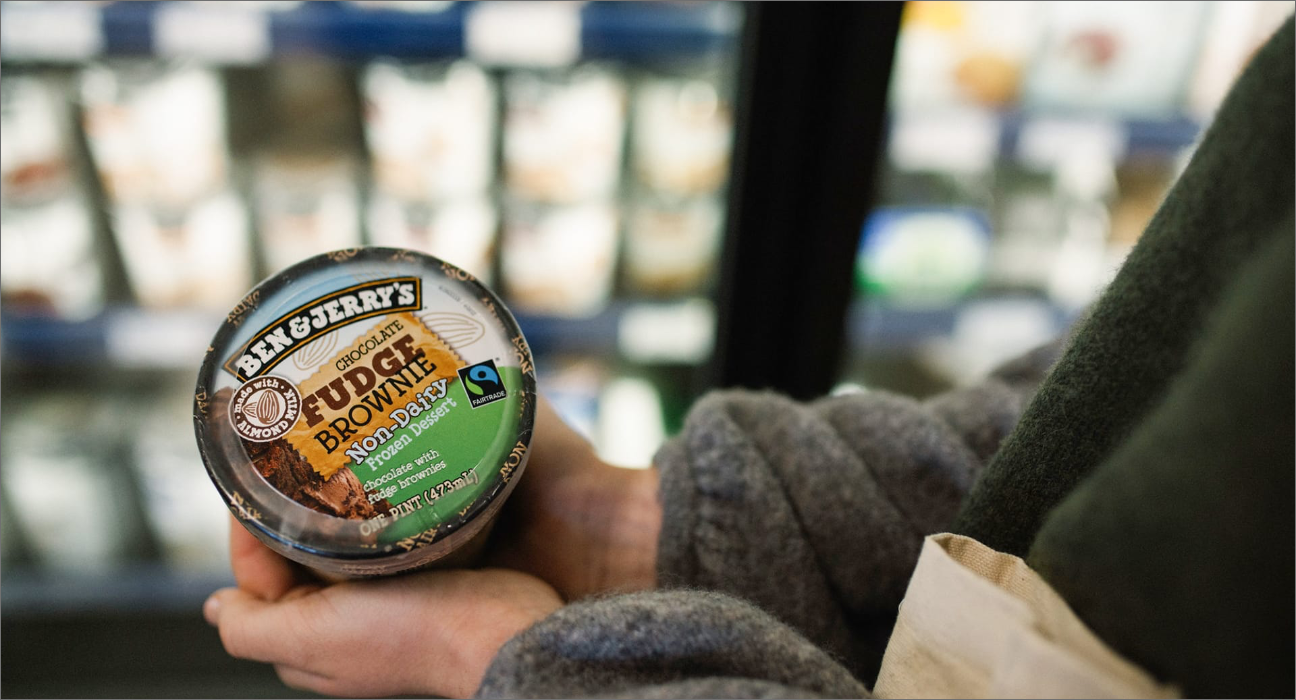
Fairtrade in Canada grows to 100 companies. Today, there are over 200 companies and brands that are licenced to use the FAIRTRADE Mark in Canada. As a result, Canadians have access to thousands of Fairtrade certified products.
To bolster the credibility of the FAIRTRADE Mark, and to ensure integrity and transparency, the auditing arm of Fairtrade International became an independent organization: FLOCERT. Operating at arm’s length from Fairtrade International, FLOCERT ensures that producers meet the Standards set out by Fairtrade International’s Members.
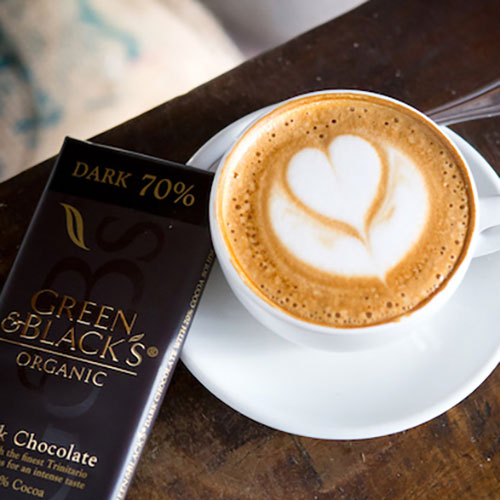
The First Fair Trade Town in Canada, Wolfville NS, is designated. The global Fair Trade Town movement is strong and ever-growing in Canada. Canadians from British Colombia to Nova Scotia have come together to make the world a better place.
FLOCERT joins the ISEAL Alliance. ISEAL Alliance members represent the most recognized sustainability initiatives in the World. Membership in the ISEAL Alliance means that the Fairtrade system is a leader in the labeling of ethical and sustainable products.
Fairtrade wine, shea butter, and bananas are introduced to the Canadian market.
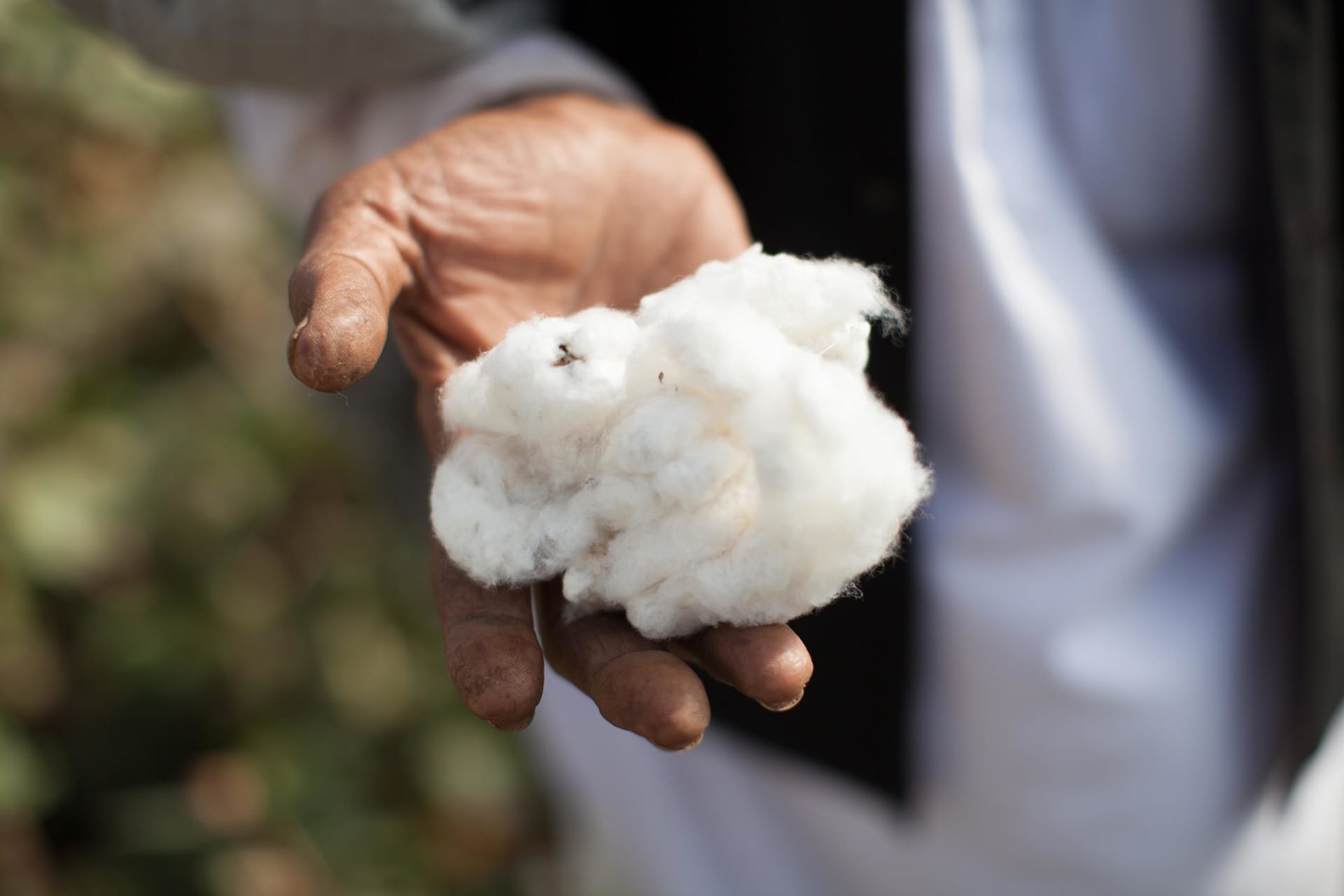
Fairtrade cotton is introduced in Canada.
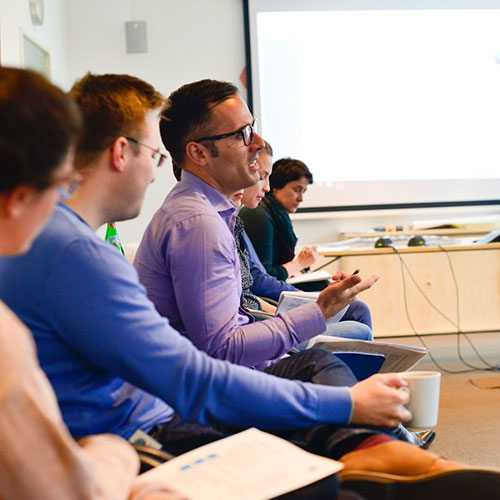
Vancouver becomes a Fair Trade Town.
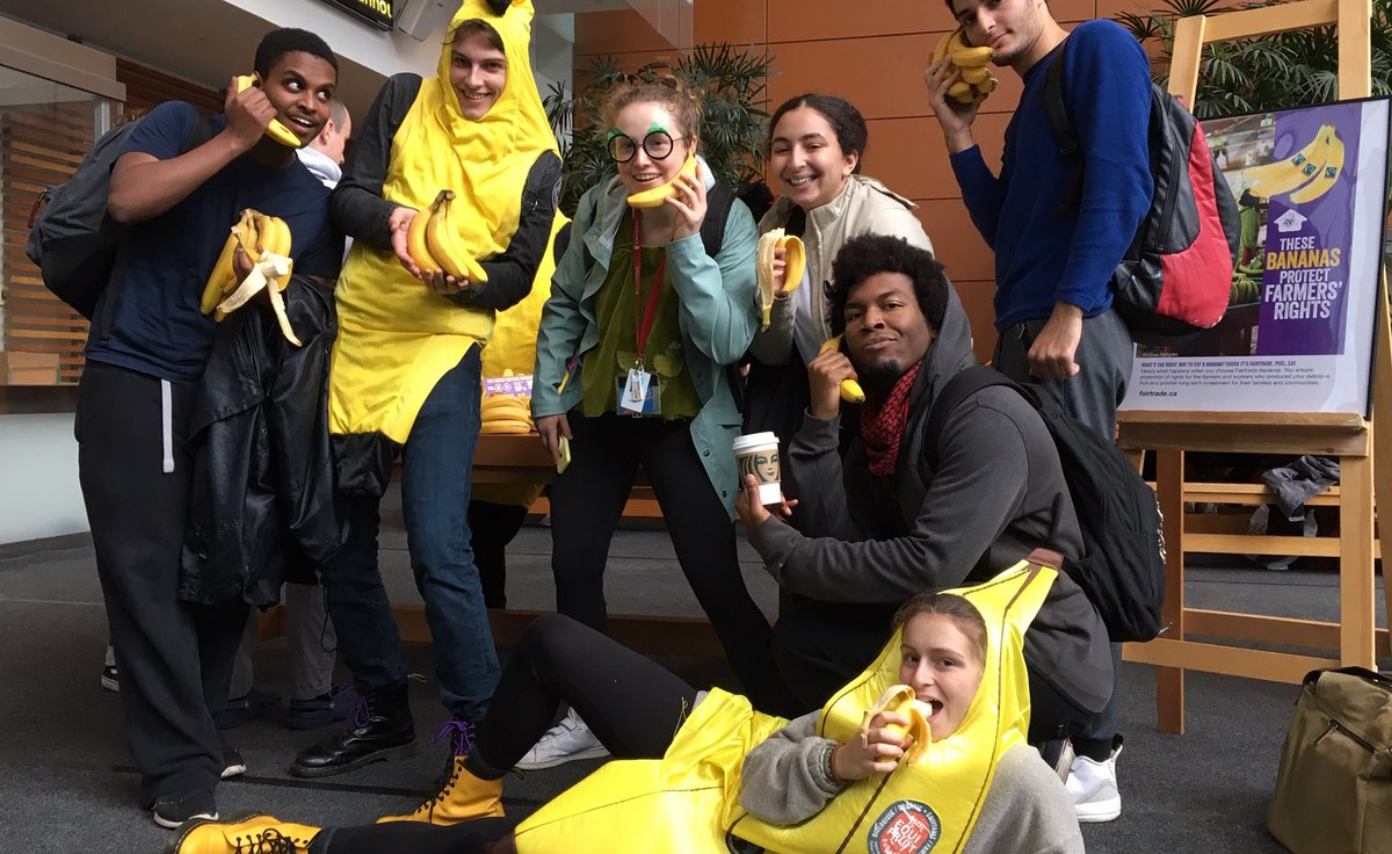
Canada’s first Fair Trade Campus, the University of British Columbia, is designated. Universities, colleges and CEGEPs are powerful agents of change with significant purchasing policies that can impact their community as well as farmers and workers in the Global South.
TransFair Canada changes its name to Fairtrade Canada and begins the shift towards the international green, blue, and black FAIRTRADE MARK. The old “bucketboy” trademark is still used promotionally to raise awareness of Fairtrade in Canada.
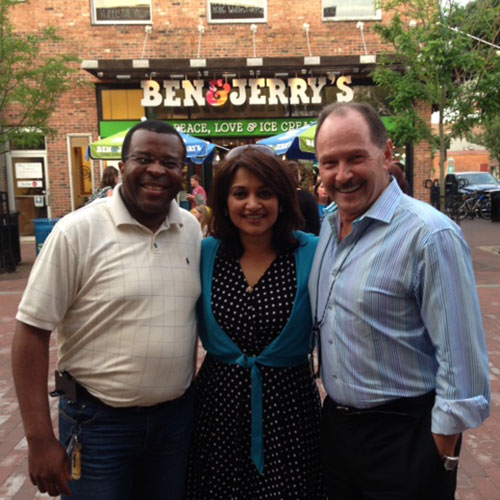
Chief Adam Tampuri, a Ghanaian cashew producer, visits Canada. He also becomes the first producer to serve on Fairtrade Canada’s Board of Directors.
The first Fair Trade Campus Week takes place.
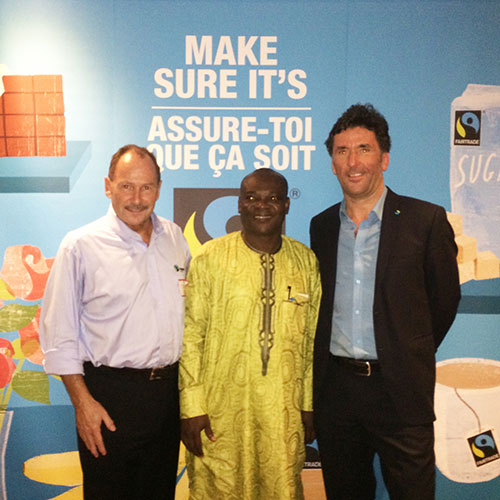
Marike de Peña is the first producer to be elected Chair of the Fairtrade International Board. Marike de Peña directs and co-founded Banelino, a banana cooperative in the Dominican Republic. Throughout her career, she has worked to promote the interest of farmers and workers, especially in Latin America and the Caribbean.
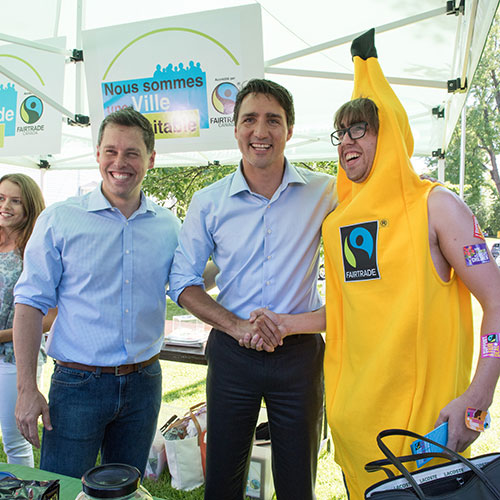
Retail sales of Fairtrade products in Canada exceed $300M.
PRAGOR, a group of Mexican Fairtrade & Organic Avocado producers, visit Canada.
The first FAIR TRADE SCHOOL, École Secondaire de Mortagne, in Boucherville, Quebec, is designated. Students, staff, and administration work together to bring fair trade to their school through education, promotion, and Fairtrade products.
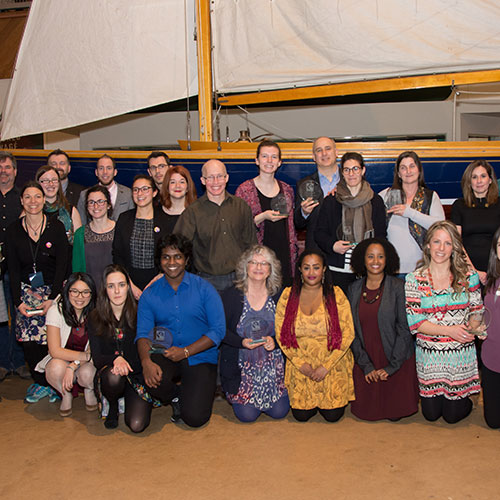
The Fair Trade WORKPLACE, FAITH GROUP, and AMBASSADOR Programs are launched in Canada.
The first WORLD FAIRTRADE CHALLENGE takes place. People around the world come together in the world’s largest Fairtrade coffee break. 5.7 million cups of coffee were registered by 1.9 million people.
COFFEE PRODUCERS from Honduras and Nicaragua travel across Canada.